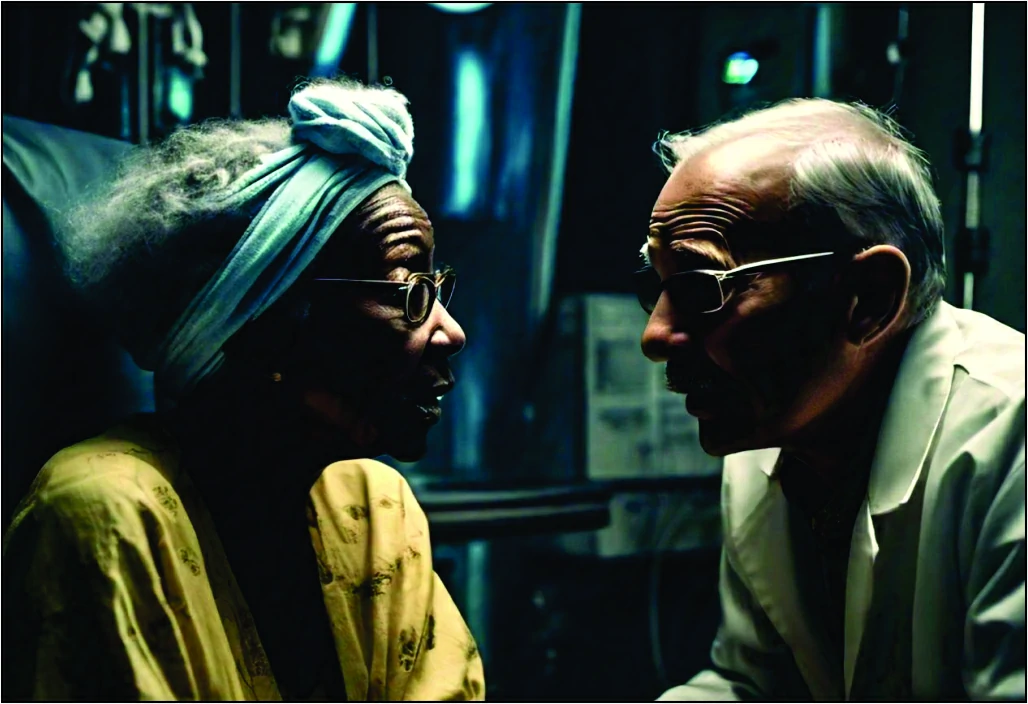
Strategies to Alleviate Radiation Therapy Side Effects
255
1
While each patient may react differently to radiation therapy, it's common to experience side effects such as general fatigue and skin irritation. These effects depend on factors like cancer type, location, radiation dosage, and the individual's health status.
According to the American Cancer Society, radiation therapy can cause both early and late side effects.
Early side effects occur during or shortly after treatment and are typically short-lived, mild, and treatable. They usually dissipate within weeks after completing the treatment. Common initial side effects include fatigue and skin changes, with others often related to the treated area, such as hair loss or mouth problems.
Conversely, late side effects may take months or even years to manifest and can affect any tissue in the body that received radiation. The risk of late side effects depends on the treated area and radiation dosage. Careful treatment planning can help prevent serious long-term complications.
Radiation side effects typically begin during the second or third week of treatment, depending on the prescribed dosage and treatment plan. Most resolve within months of treatment completion, though some may persist as healthy cells take time to recover from radiation effects.
There are various strategies to mitigate these side effects. In cases of severe symptoms, the physician may consider temporarily suspending treatment or modifying the therapeutic plan.
Some recommendations to reduce radiation therapy side effects include:
- Avoiding exposure of the treated skin to sunlight or heat sources.
- Receiving treatment without applying creams or oils to the irradiated skin.
- Opting for loose, clean cotton clothing.
- Using only warm water and mild soap.
- Consulting the cancer care team before shaving the treated area.
- Maintaining proper hydration by consuming two to two and a half liters of water daily.
How does hyperbaric chamber therapy help reduce radiation therapy side effects?
Hyperbaric oxygenation therapy has been shown to be effective when combined with conventional cancer treatments. It is particularly beneficial before and after surgery as it promotes healing and accelerates recovery. While it doesn't cure cancer, the high oxygen concentration generated in the hyperbaric chamber reaches all body tissues, including tumors, slowing their growth and promoting contraction. Additionally, intense oxygenation increases sensitivity to radiation, enhancing the effectiveness of radiation therapy.
Furthermore, this therapy improves or eliminates burns and radiation-induced injuries, enhances the patient's overall well-being and skin condition, boosts appetite, and improves sleep quality. In cases where radiation therapy is administered, hyperbaric oxygenation is recommended by international organizations for the recovery of radiation-induced injuries.
Hyperbaric oxygen has anti-inflammatory properties and strengthens the vascular, skeletal, immune, and central nervous systems.
References:
- Management of radiation therapy side effects: This article, published in the National Cancer Institute's Physician Data Query (PDQ), provides a comprehensive overview of different side effects associated with radiation therapy and various strategies for managing them, including medications, dietary changes, and other supportive care measures.
- Radiation therapy side effects: 5 tips to cope: This article, published by the MD Anderson Cancer Center, offers practical tips for managing common radiation therapy side effects, such as fatigue, skin issues, and nausea. It also encourages open communication with your healthcare team about any side effects you experience.
- Complementary Strategies for the Management of Radiation Therapy Side Effects: This article, published in the National Institutes of Health (NIH) journal Complementary Therapies in Medicine, reviews various complementary and alternative medicine (CAM) strategies that may help alleviate certain radiation therapy side effects. It is important to note that further research is needed to definitively determine the effectiveness of many CAM therapies.





